Review
The Narrative of Gordon Pym of Nantucket is a novel written by American writer Edgar Allan Poe in 1838. It is Poe’s only novel and it narrates the adventures of Arthur Gordon Pym, a young man with a passion for sailing.
The novel begins with a preface supposedly written by Pym after the events of the novel have taken place.
The first few chapters tell the story of Pym on board of first the boat Ariel and then the whaling vessel Grampus, and involves pretty much everything you would expect from a sea voyage drama: violent storms, shipwreck, mutiny, delirium and sharks. Pym also narrates some of the most macabre events in his narrative, such as the crew’s resort to cannibalism to survive and ghastly descriptions of putrid bodies.
The last few chapters are by far the most interesting, but also the source of much analysis. Pym and the Jane Guy’s crew encounter a tribe of natives living in a hitherto unexplored island near Antarctica.
There are several tribulations that put Pym in a precarious position, and just as you feel the novel reaching a climax, the narrative abruptly ends in an utterly confusing way.
The novel is short, and it moves at a quick pace. For this reason, characters are not terribly fleshed out and Poe did not spare the clichés.
Even though I was concerned about the most gruesome events in the book, for which it was heavily criticised, I felt critics were blown out of proportion. To be sure, there ARE gruesome events, such as decaying corpses and cannibalism, but it’s not as if Poe delves into the gritty details; in fact, these scenes barely make one paragraph. I have read popular crime novels that are way more ghastly and repugnant than Poe’s novel. So, even if you’re squeamish, don’t be put off by all the negative reviews you read describing how gruesome the novel is, because it really isn’t that bad.
Generally, I found the book an interesting read. The writing is not always accessible, but I had little trouble following it through to completion. Despite not being a huge fan of maritime disaster stories, I felt the story line was quite engaging.
I do, however, have a few critique points.
There were some clear plot inaccuracies. For example, Tiger, Pym’s dog, mysteriously vanishes from the book after Pym and allies successfully quell the mutiny. There is no mentioning of whether he is alive, or got killed during the altercation by one of the mutineers, or drowned after the strong gale that assaulted the Grampus.
Given that Tiger had a fundamental role in saving both Pym’s and Augustus’ life during the riot, simply casting aside the dog as if he never existed seems very odd at best.
Second, I also couldn’t help but notice that for someone who was supposed to be a newbie in the art of sailing, Pym knew a great deal of the technicalities of navigation. I believe that Poe wanted to take the opportunity to share his knowledge with the readers, and since the book is being told from a first person narration, there was really no way around it.
Third, when Pym discovers a letter attached to Tiger, he finds, to his chagrin, that the letter is completely blank. He then (correctly) realises that there could be text written on the other side of the letter. However, when Augusts re-tells the story as it happened to him, he mentions that he wrote the text to Pym on the back of a written letter: “Paper enough was obtained from the back of a letter – a duplicate of the forged letter from Mr. Ross”. Thus, Pym should have seen something written on both pages of the letter.
Fourth, Pym mentions that the reason Augustus heard him was because Pym dropped a bottle and the crash alerted Augustus. He also mentioned that he only learns about it years later when Augustus plucked the courage to tell Pym. However, this cannot be right, since Augustus dies a few weeks later after the mutiny, while still aboard the Grampus.
Fifth, the Tsalalians apparently have convulsions when seeing the colour white. Fair enough. However, what about clouds? What about the white of the eye? Shouldn’t they be convulsing preety much all the time?
Another point of criticism is the awfully tedious explanations that Poe incorporates whenever he assumes the reader should be familiar with certain facts (e.g., about seals, birds, previous explorers). You see, I admire authors who attempt to explain concepts that may be helpful in understanding parts of the story (after all, this is an important aspect of this website). Unfortunately, I found that Poe is terrible at it. His descriptions are appallingly boring.
Perhaps it is just me, but not only did I lose interest in most of these sections but also they reminded me entries of an encyclopedia.
Not only that but I felt that most of these interludes were put there either as padding, or simply to make Poe look like an expert in the field. I honestly felt these sections intrusive, as they broke the narrative with tangential information that added nothing to the story line.
More positively, I found the subplot of Tsalal really imaginative and exciting though. The multi-coloured water, the vapour curtain, the ruins, the mysterious fauna and natives all contributed to create a world that couldn’t be further from the repetitive and often monotonous events at sea.
Nevertheless, ending Pym’s narrative in such an anticlimactic way naturally leaves readers frustrated. Sure, the lack of a definite conclusion to the story attracts numerous attempts to explain the ending, but I feel that the cut was simply too premature.
Star rating
When deciding which rating I should give to this novel, I was torn between 2 and 3 stars. The reason for the lower score being that I think the narrative could have been better arranged. There are many inconsistencies, outright boring sections and the lack of resolution upon reading the final chapter made me lean towards a score of 2.
However, I have to admit the book was pretty engaging. Poe really knew how to write explosive thriller/action stories. Furthermore, stories like nautical disasters tend to get monotonous easily. Yet, I did not feel any repetition, so I’m sure you won’t get bored (apart from, perhaps, the tangential explanations).
Because I would recommend the book despite the issues outlined above, I decided to go middle ground and give it 2.5 stars.
Bizarrometer
The book is at times difficult to read due to Poe’s distinctive writing style. The story is not hard to follow though, and you won’t have any issues following it through – that is, except the last chapter, which ends in an extremely ambiguous manner.
Nevertheless, the weirdness in the last chapter is still manageable. I suppose most of the readers will be more frustrated with the deliberate omission of a concluding chapter that could shine some clarity into the story.
Here, The Narrative of Arthur Gordon Plym of Nantucket gets a Bizarrometer score of 3.

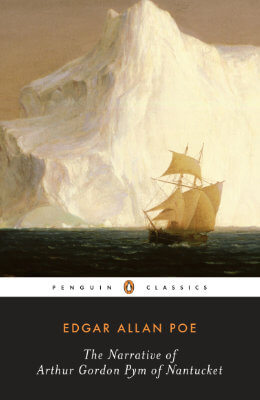



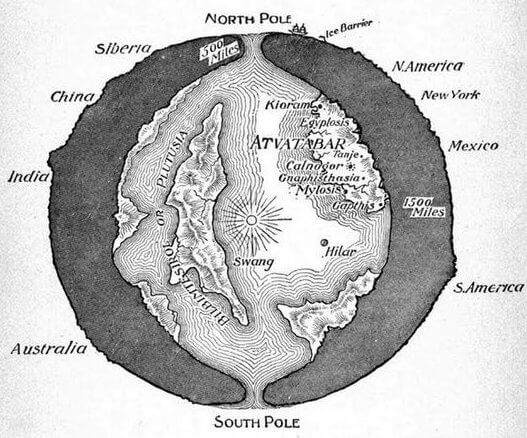









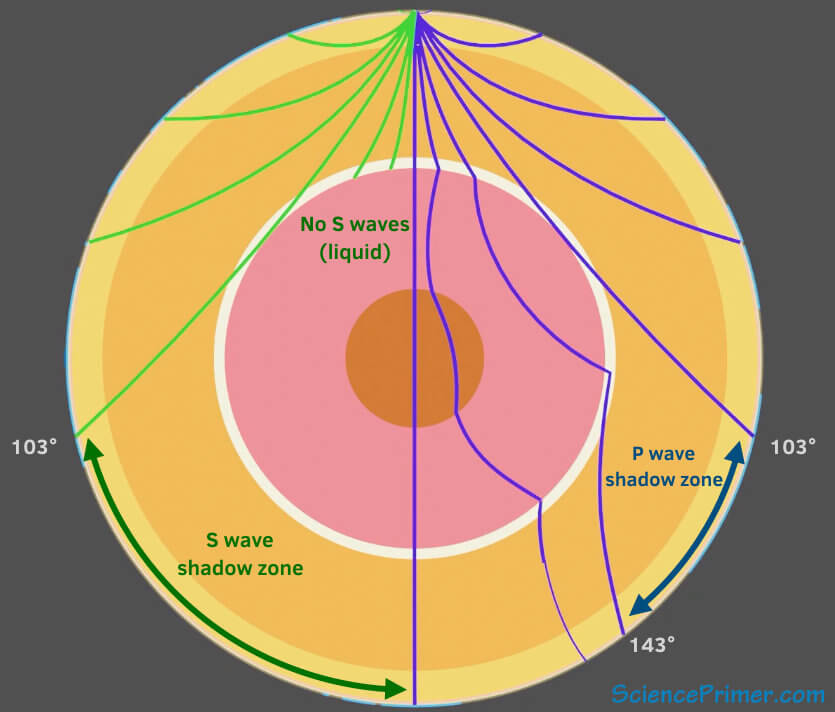
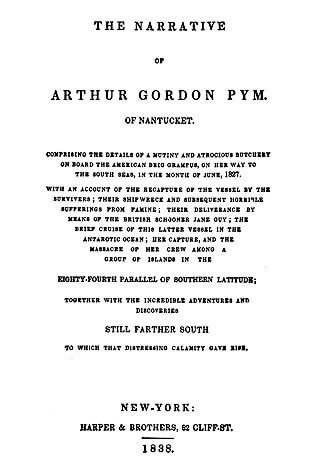
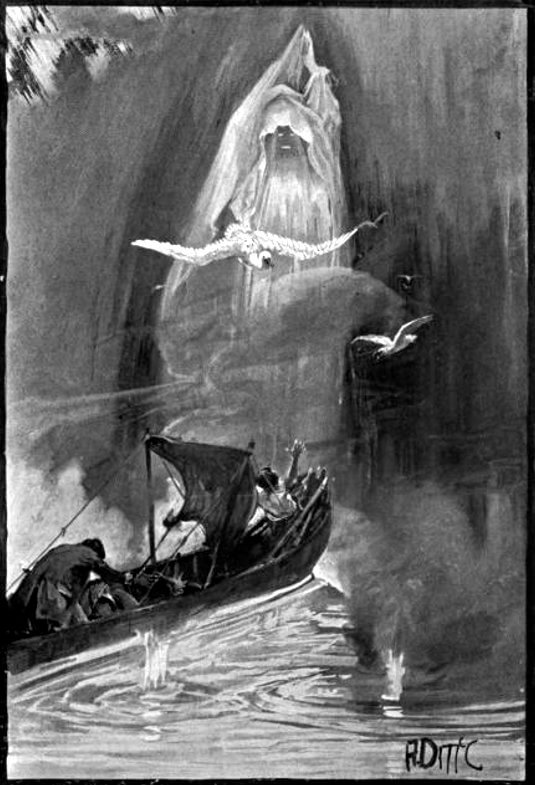
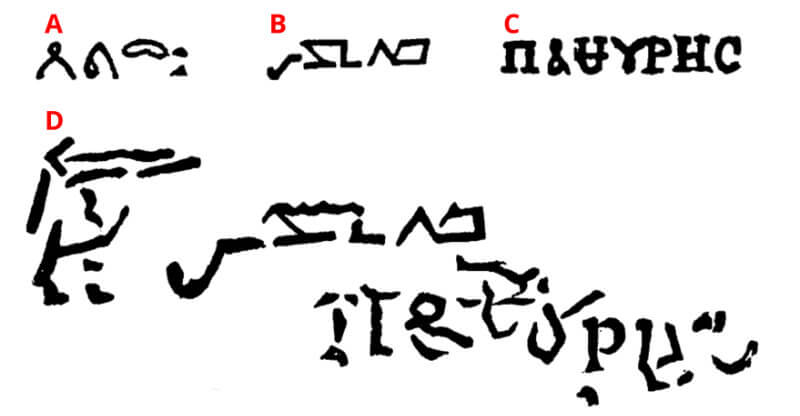
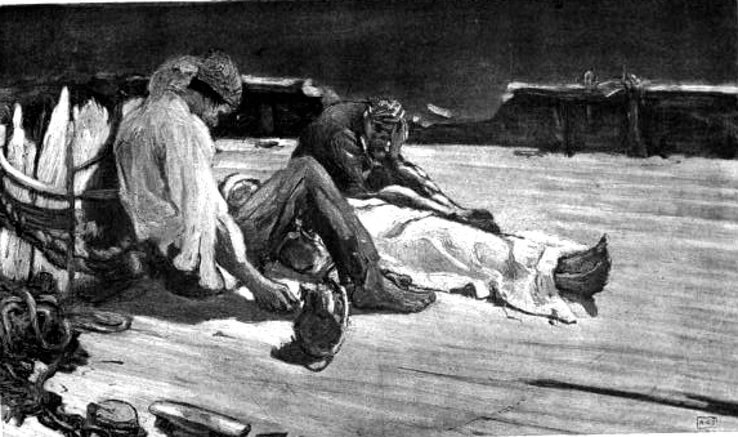
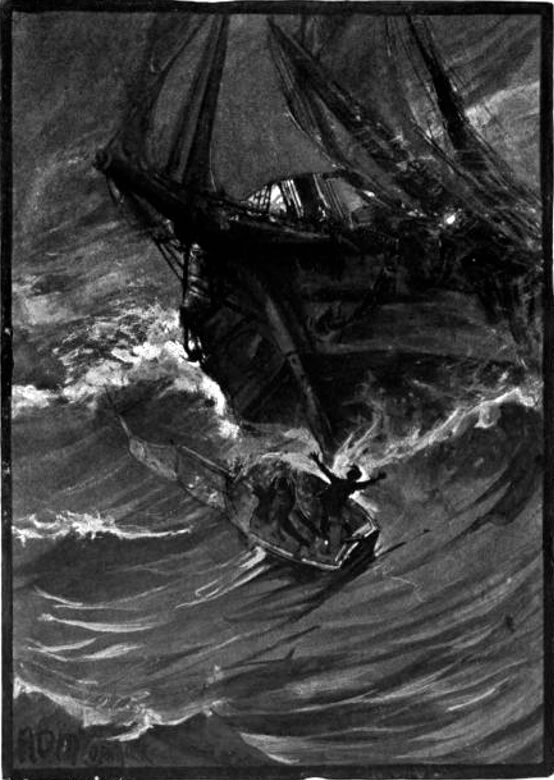
Leave a comment
Add Your Recommendations
Popular Tags